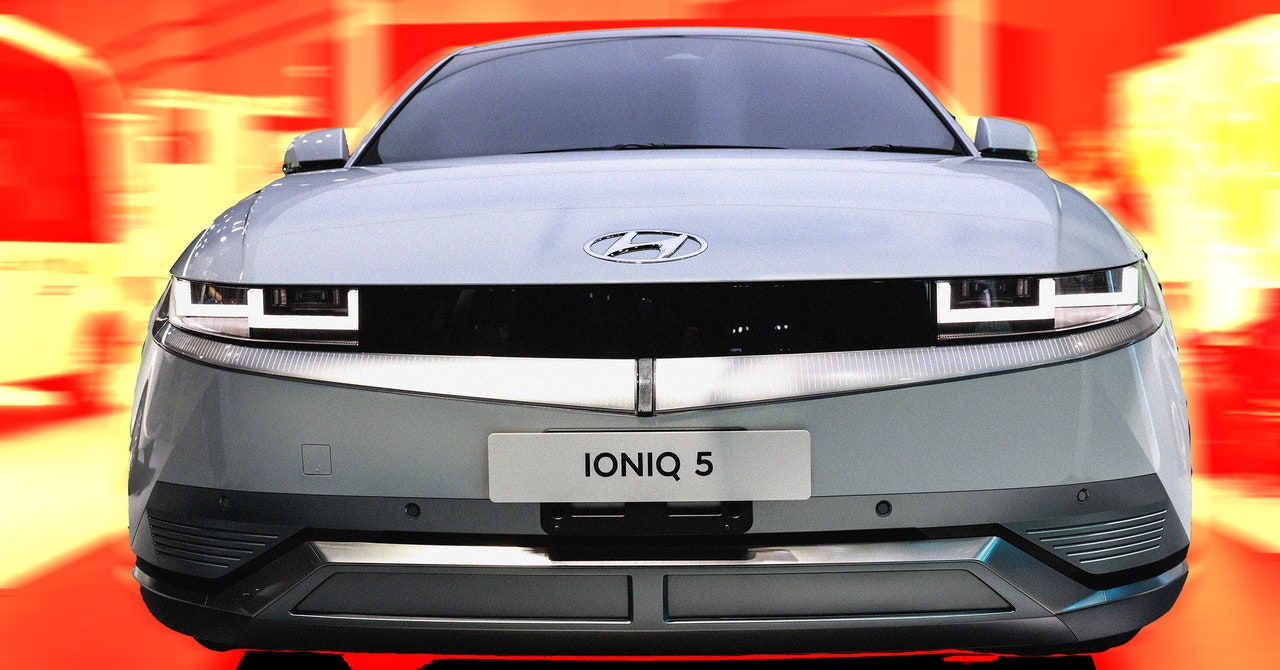Soon you could see Waymo self-driving tech in Hyundai cars. The autonomous driving tech developer Waymo said this week that it would partner with the Korean automaker Hyundai to equip a fleet of its electric vehicles with self-driving technology. The vehicles, modified Ioniq 5s, will hit the road as part of Waymoâs self-driving ride-hail service in late 2025, the companies said.
In a statement, Hyundai Motor Company president and global COO José Muñoz called the agreement a âfirst stepâ in the two firmsâ partnership. âWe are actively exploring additional opportunities for collaboration,â he saidâopening up the possibility that Waymo self-driving tech could one day be installed on Hyundai passenger vehicles.
However, the multinational partnership is the latest to prompt questions about how Waymo, arguably the worldâs most successful autonomous-driving company, will handle a global realignment of the automotive industry.
Chinaâs new dominance in auto manufacturing and export has worried other global automakers, some of whom have argued that the country has unfair trade advantages. Over the past year, Western countries have built firmer trade walls to prevent the incursion of inexpensive Chinese electric and autonomous vehicles. Last month, the US finalized rules that dramatically increased tariffs against Chinese-made EVs and battery materials.
The US Commerce Department also last month proposed a rule that would ban some Chinese- and Russian-made automotive hardware and software from the US, with an emphasis on technology that enables autonomy. Just this week, the European Union voted to hike tariffs against Chinese-made electric vehicles.
Interestingly, Waymo insists that a partnership with Chinese-owned automaker Zeekr is still on. The deal, announced in late 2021, has seen Zeekr purpose-build roomier autonomous minivans for the Alphabet subsidiary that are also less expensive to manufacture. The Zeekr vehicle officially made its debut in San Francisco in June, though Waymo says itâs still in testing and is not yet part of its public ride-hail fleet.
Zeekr is owned by Chinese automaker Geely, though its design center and one of its research and development facilities are in Gothenburg, Sweden. The Swedish city is also the headquarters of majority Geely-owned automakers Volvo and Polestar, an all-electric premium automaker.
In an email on Friday, Waymo spokesperson Chris Bonelli wrote that the Hyundai Ioniq 5s âwill not replace any of our other vehicle platforms,â and said the company is âhard at work validatingâ the latest version of Waymoâs tech on the Zeekr platform.
In proposing new rules targeting Chinese-made auto software and hardware, the US government argued that such tech installed on US vehicles could create a long-term national security issue. âImagine if there were thousands or hundreds of thousands of Chinese-connected vehicles on American roads that could be immediately and simultaneously disabled by somebody in Beijing,â US Commerce Secretary Gina Raimondo said earlier this year.
But in public comments submitted to the Commerce Department in April, Waymo representatives insisted that, despite its partnership with the Chinese automaker, China has nothing to do with the vital tech of the Zeekr-made robotaxi. âThe AV-ready base vehicles being provided to Waymo have no driving automation or telematics capabilities built into them,â the company wrote, saying that only US-based Waymo personnel install autonomous technology onto vehicles at an American factory. The company said that, once operating in the US, the vehicles cannot remotely communicate with the vehicleâs manufacturerâZeekr.

